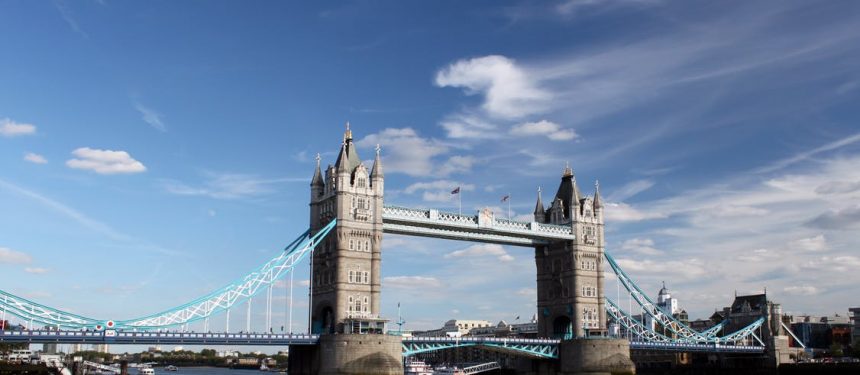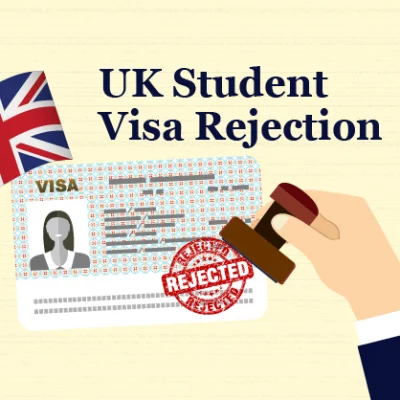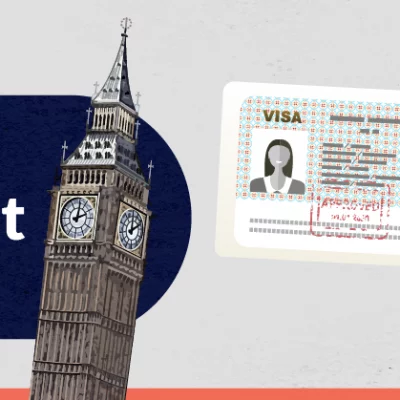UK: one month visa “grace period” announced
In response to Covid-19, rules were put in place that meant foreign nationals whose visas expired between Jan 24 and July 31 were able to request extensions if they could not return home.
Now that travel restrictions are lifting globally, people will no longer be able to extend their visa automatically on this basis and must either leave the country or apply to regularise their stay in the UK.
However, the UK Home Office has announced it will be giving foreign nationals a one-month extension (until August 31), to allow them to make necessary arrangements before leaving the country.
“We very much welcome the more pragmatic and supportive approach towards international students coming from the UK government at this challenging time,” said Study Group CEO, Emma Lancaster.
“It is clear they are listening to the voices of international students and alumni as well as the education sector which welcomes its focus on a more welcoming International Education Strategy.
“This is good news for students, universities and all those who benefit from the tremendous benefits to society of international education.”
During the grace period, a person’s conditions of stay will remain the same. The government guidance reads: “If your conditions allowed you to work, study or rent accommodation you may continue to do so during August 2020 ahead of your departure.”
However, there are still some concerns around the detail of the new guidance and how it will affect international students.
A statement from UKCISA noted that it is not clear what will be recorded about people’s immigration position during this grace period, or where it will be recorded.
“It is not clear whether or how this could affect future immigration applications,” the statement read.
“Additionally, it is not clear how people will be able to prove, without documentation, that they are in this grace period and therefore have the same conditions of stay in the UK.
“This could be particularly challenging for people who need to demonstrate this to employers, educational institutions or landlords.”
According to UKCISA, the guidance does not appear to provide a grace period, of any length, for people whose leave expires after July 31.
“We understand this is a concern to many students whose leave is expiring soon after 31 July 2020 and who may still not yet be able to leave the UK, or make any plans to, because of coronavirus travel restrictions,” the statement read.
Under the new visa rules, if a student intends to leave the UK but is not able to do by August 31, they may request additional time as part of an ‘exceptional indemnity’ policy.
“The indemnity does not grant you leave but will act as short-term protection against any adverse action or consequences after your leave has expired,” the government guidance said.
“The Coronavirus Immigration Team will provide you with further advice on what you need to do to request an indemnity.
“This will include providing details of the reason why you are unable to leave the UK and supporting evidence, for example, a confirmed flight ticket with a date after 31 August or confirmation of a positive coronavirus test result.”
Those who intend to remain in the UK should apply for the necessary leave to remain in the country.
Foreign nationals will be able to submit an application form from within the UK where they would usually need to apply for a visa from their home country.







